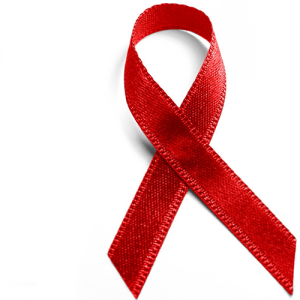NEWS AND UPDATES
HIV cases rising at ‘fast and furious’ rate, group says

A decade ago, a new case of Human Immunodeficiency Virus (HIV) was reported every three days in the Philippines. Today, new HIV case is diagnosed every one and half hours, according to the Philippine National AIDS Council.
A total of 449 new cases of HIV were recorded in July alone this year, according to Department of Health (DOH). This is 62% higher compared to the same period last year (n=278 in 2012) and the highest number of cases reported in a month.
As spread of HIV decreased in many parts of the world, the Philippines is one of the seven countries struggling to combat the increase of HIV epidemic wherein most of the reported cases were predominantly caused by sexual contact among men-having-sex-with-men (MSM).
Men’s participation in unsafe sex and drug injections were primary responsible for the transmission of HIV. According to DOH serologic surveillance, MSM were identified as one of the sub-population with the highest risk of acquiring HIV. This was further supported by a study published in The Lancet Infectious Diseases Journal, identifying young sexually active MSM as core transmitter of HIV epidemic in the country.
The alarming increase of HIV in MSM poses an imminent threat and may impede the efforts of the nation to combat the disease.
As response to the rapidly increasing cases of HIV, legislators passed the “The Revised Philippine HIV and AIDS Policy and Program Act of 2012. The revised law amends the previous law that overlooks the “protection of and promotion of human rights as cornerstones of an effective response to the HIV epidemic.”
According to Dr. Edsel Maurice Salvaña of University of the Philippines Manila, Section of Infectious Diseases, in his article The Philippine HIV/AIDS epidemic: A call to arms, prevention and awareness campaigns remain by far potentially the most effective means of controlling HIV/AIDS in the Philippines.
With the knowledge, awareness, and medication such as retroviral treatment being offered for free in many public hospitals, the country has the capacity to potentially arrest and reverse the epidemic,” Dr. Salvaña stressed.




